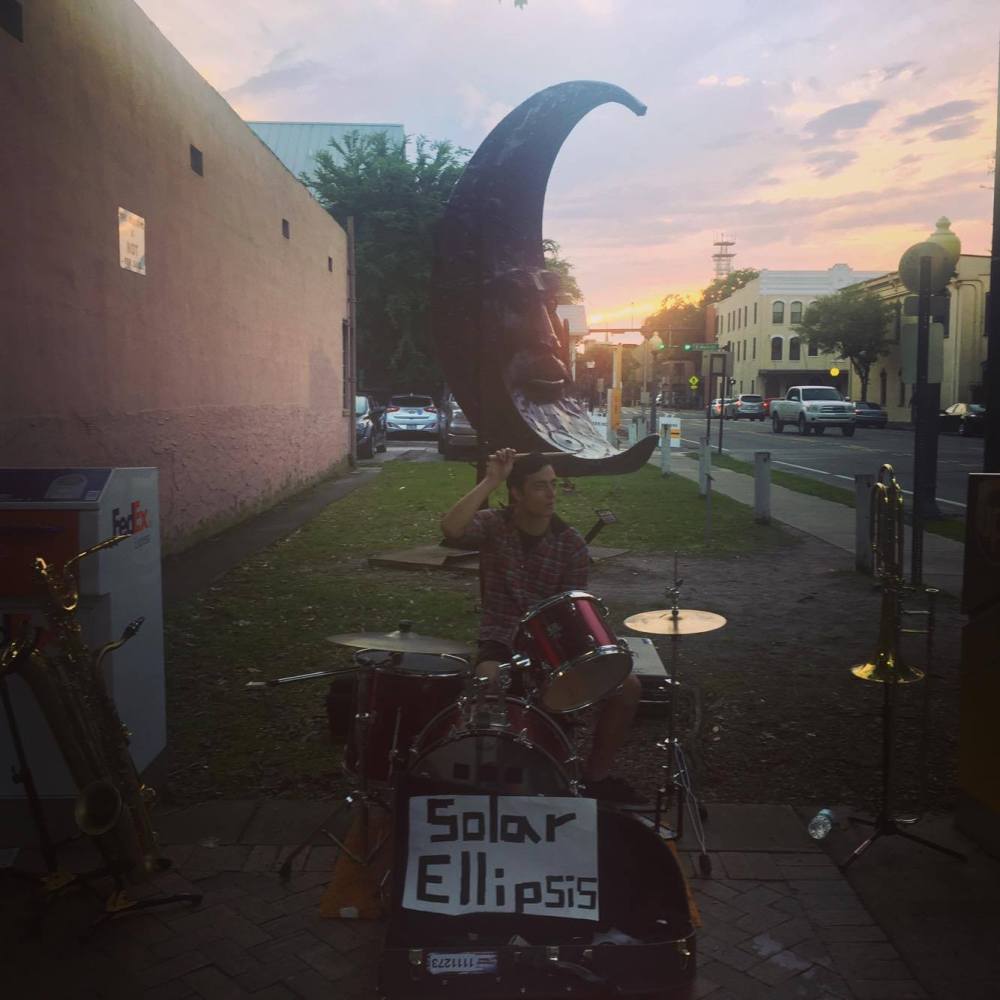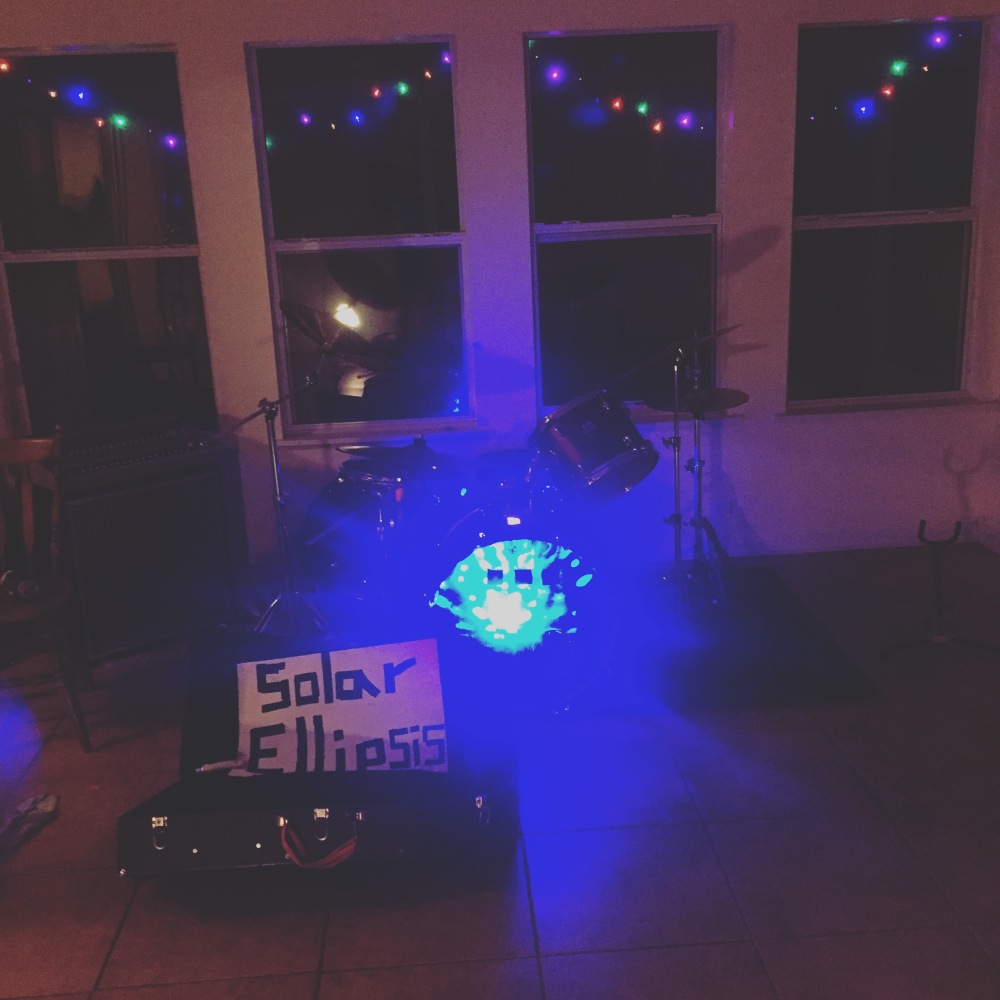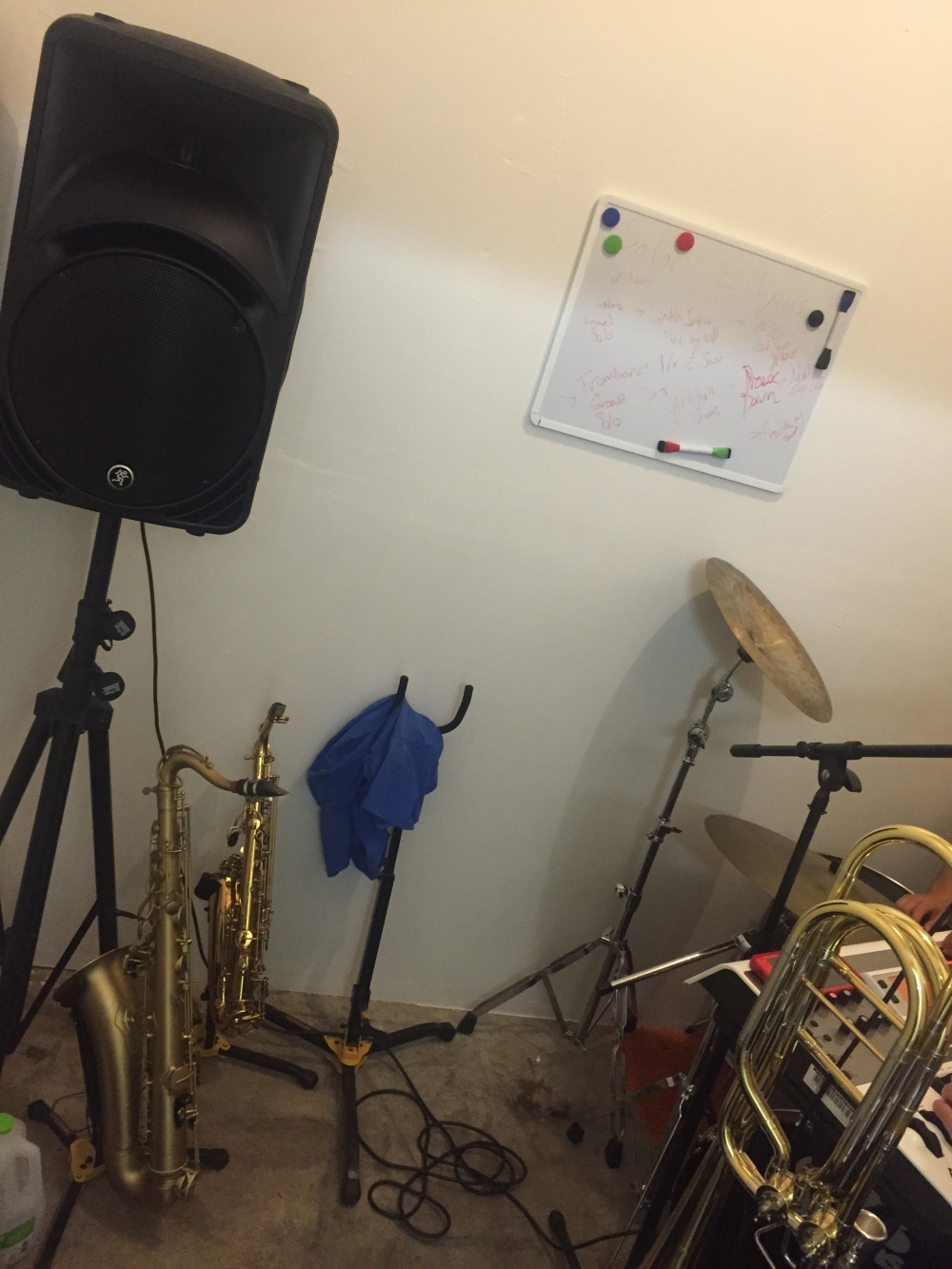Using Social Media Effectively
The music industry today is completely different than it was 10 years ago. With the internet and social media everything can change in the blink of an eye. For your band to be successful you need to see where trends are heading and use them to your advantage.
Facebook, Twitter and Instagram are currently the three most important social media accounts your band should have to interact with fans. All of these platforms have different purposes and should be used with this fact in mind.
Instagram is a mostly used for photo and short video clip sharing. I have found the best way to use Instagram is by posting photos at a practice or show. Always use relevant hashtags to label your content so people browsing the hashtags can see your photo.
Using Instagram effectively is a good way to maintain your bands image and keep your band relevant. A good goal to remain active is to have three to four posts a week.
Twitter is the exact opposite of Instagram as it is mostly text biased. This is where you can post all of those random witty comments you think of. Be funny, but don’t be offensive. Ask fans questions, post your thoughts on a current events (stay out of politics though, that is a no go zone) or just comment about small things that are going on with your band.
People like twitter because they can see all of these uncensored comments from people they follow. For twitter two to three posts a day (including retweets) is a good amount to stay active. Twitter is a more fast pace platform which is why it is okay to post more frequently.
Facebook is the place where most of the promoting happens. This is where you can post all of your upcoming shows, links to your music and other announcements. Facebook is the best platform for these promotion style posts because it has the most space for text and people who follow you Facebook are most likely to read what you have posted compared to updates on other networks.
I have also found that Facebook is a better place to upload videos to than YouTube because Facebook shows your videos you upload on your page to more people than if you were to post a YouTube link on your page. Facebook does this to encourage people to upload videos to their site rather than redirecting traffic to a different link.
Social Media is a complex, growing creature that cannot be fully explained in one blog post. If you really want to master how to use it, look at other successful bands social media accounts. Study the kinds of content that they are posting and take influence from them when you are using your own accounts.
For another take on using social media you can read this article: http://www.seeksocialmedia.com/ways-to-grow-your-bands-fan-base/




 Solar Ellipsis is a three piece Jazz/Dance band with the goal of merging the genres to create music that has the appeal of pop music with the depth of some older jazz classics. We have been playing shows in Gainesville, Florida for over a year and have about 21 years of experience of playing music between the three of us.
Solar Ellipsis is a three piece Jazz/Dance band with the goal of merging the genres to create music that has the appeal of pop music with the depth of some older jazz classics. We have been playing shows in Gainesville, Florida for over a year and have about 21 years of experience of playing music between the three of us.